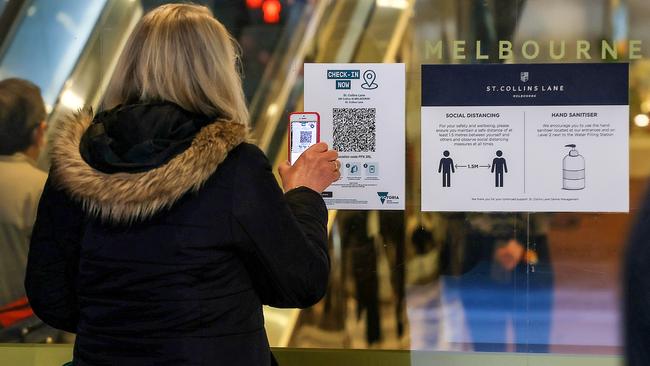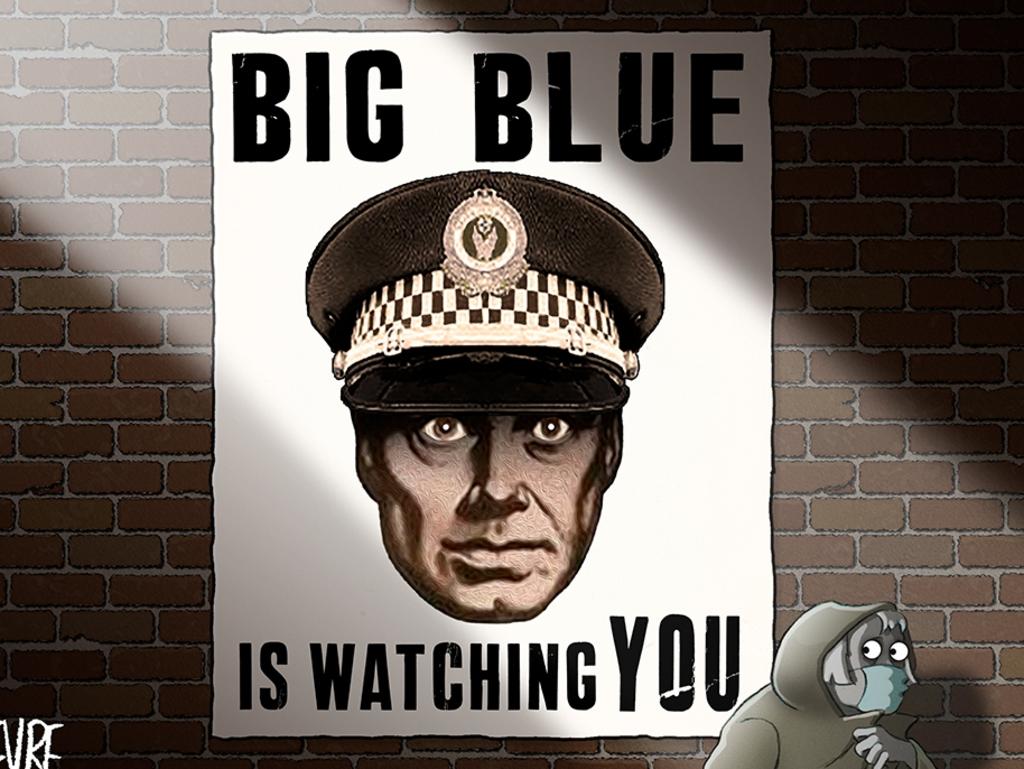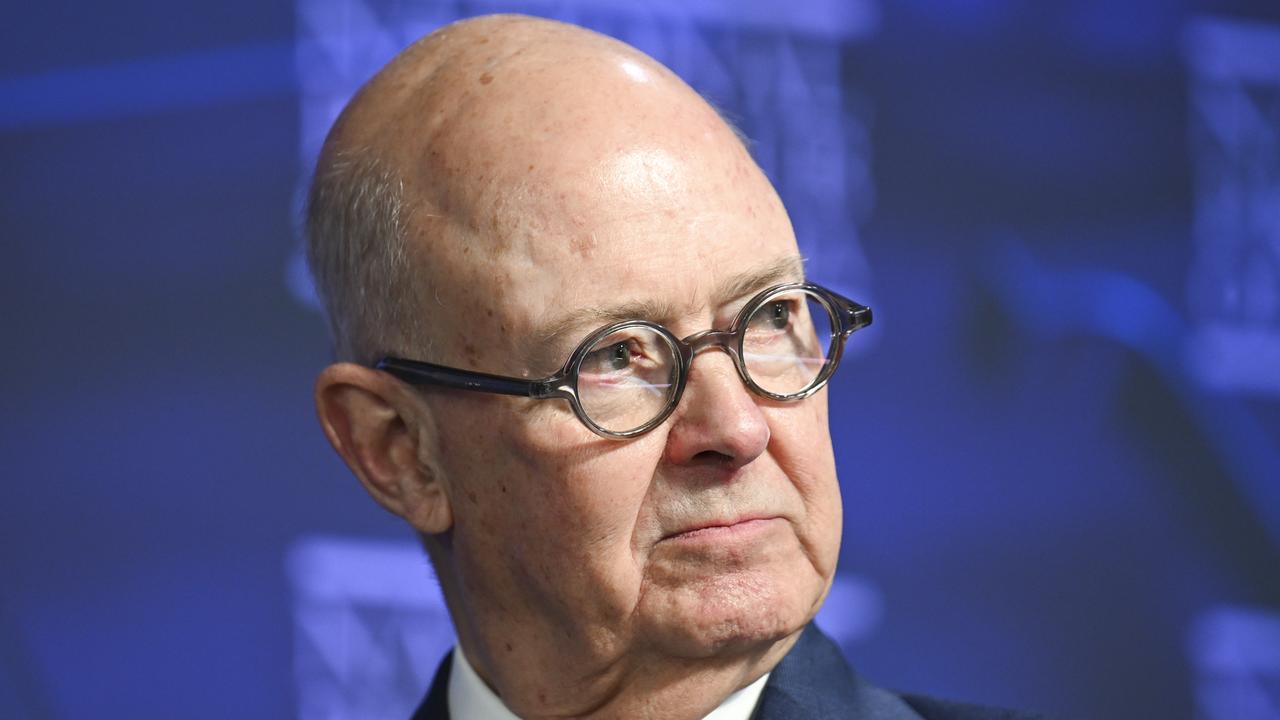Anxious wait for the vaccinated economy to begin
In the next few months expect the best of times and the worst of times, all at once.

In the next few months expect the best of times and the worst of times, all at once.
We are moving through a one-way gate into a new world: the “living with Covid” era. When we arrive, there will be no going back.
As each state opens, the virus is going to have its way and make an uncontrolled burn through the people. For most of us this won’t matter, but for an unidentified cohort it will mean loss of life.
So, on one hand, the joy of returned freedoms is almost upon us. But on the other hand, the pandemic of the unvaccinated will rage and it won’t be pretty.
The vaccinated but frail will suffer, too. Hospitals will be stretched. There will be loss and grief. One MP described it to me well. All pandemics resulted in a body count, he said. In this pandemic, most countries front-loaded their body count; we would be backloading ours.
Perhaps the hardest thing to deal with now, though, is not knowing what life will be like.
Human beings crave certainty. Businesses require certainty. When we know what to expect, what will be required of us, we can restore control. We can plan, make arrangements and work out how to cope. Ongoing uncertainty and loss of control over our destiny is perhaps the cruellest set of circumstances to bear.
It is in this context that we have experienced yet another failure of national leadership. When it comes to vaccination policy, Scott Morrison sidesteps the issue. Vaccination is not mandatory, it is a choice, the Prime Minister declares, but businesses that don’t want the unvaccinated in their premises have every right to lock them out. Then, with a shrug of his shoulders, he casts off the burden.
So again the job falls to the states and territories. Each leader works things out their own way and some take more responsibility than others. Various health orders have been issued and there are more to come. These can’t come quick enough because businesses need to plan.
From those already issued, we can see how the future will look. In businesses with confined indoor spaces, where workers come into contact with each other and the public, vaccination becomes a condition of entry.
In health orders out now, employers have mandatory vaccination requirements. Employers must inform workers they will be required to be vaccinated by a certain date to be allowed on site. They must ensure that no unvaccinated people (employees or contractors) come on site to perform work.
Employers covered by these health orders don’t need to dismiss unvaccinated workers and put themselves at risk of unfair dismissal claims. Instead, employers can rely on the combination of the health order and existing workplace law to stand down unvaccinated workers without pay.
After 90 days, if the employee has not been vaccinated and returned, a dismissal can occur. No employer has to hold a job open for anyone longer than 90 days unless they are on workers compensation. After 90 days, a dismissal on the grounds of a long-term absence can occur and the employee has no access to the unfair dismissal system.
For those who perform work, a business operator must request, sight, collect and store information about their vaccination status. Each worker’s vaccination records must be kept up to date and must be accurate. The employer must ensure the records are available for inspection on request from an authorised officer, to demonstrate compliance.
Exemptions to vaccination requirements, where applicable, are extremely tight. The worker will have to submit evidence from a medical practitioner, and the employer will need to assess it and keep a record.
For employers not subject to health orders, workers compensation, health and safety, and the risk of industrial manslaughter charges all come into play. Businesses have a duty of care and must provide a safe workplace. An unvaccinated person can present an unacceptable legal risk.
When it comes to the public, many business owners are anxious about how they may deny entry or service to unvaccinated consumers. In Victoria, employers have more certainty over this issue because the government is taking a more involved position.
Premier Daniel Andrews has spoken often of the “vaccinated economy” and from October 11 we will see what that looks like.
On this date, a trial of the vaccinated economy is due to start in regional Victoria. Hospitality, hairdressing and beauty businesses in up to 20 sites will test new systems and technology. The trial will identify any issues that arise before it is expanded into other areas.
The trial involves training for staff, support for business owners and public communications of vaccine requirements. The check-in system that we are all so used to, will incorporate the vaccination check, securely.
Business owners are nervous about causing offence to the unvaccinated, risking confrontations, social media backlash and protests. Will we see conflict at these trial sites? Hopefully not but, if so, the mechanisms are in place to provide support.
An organised transition is better than a disorganised one and by this trial, and its vast new vaccination mandate, the Victorian government is taking responsibility.






